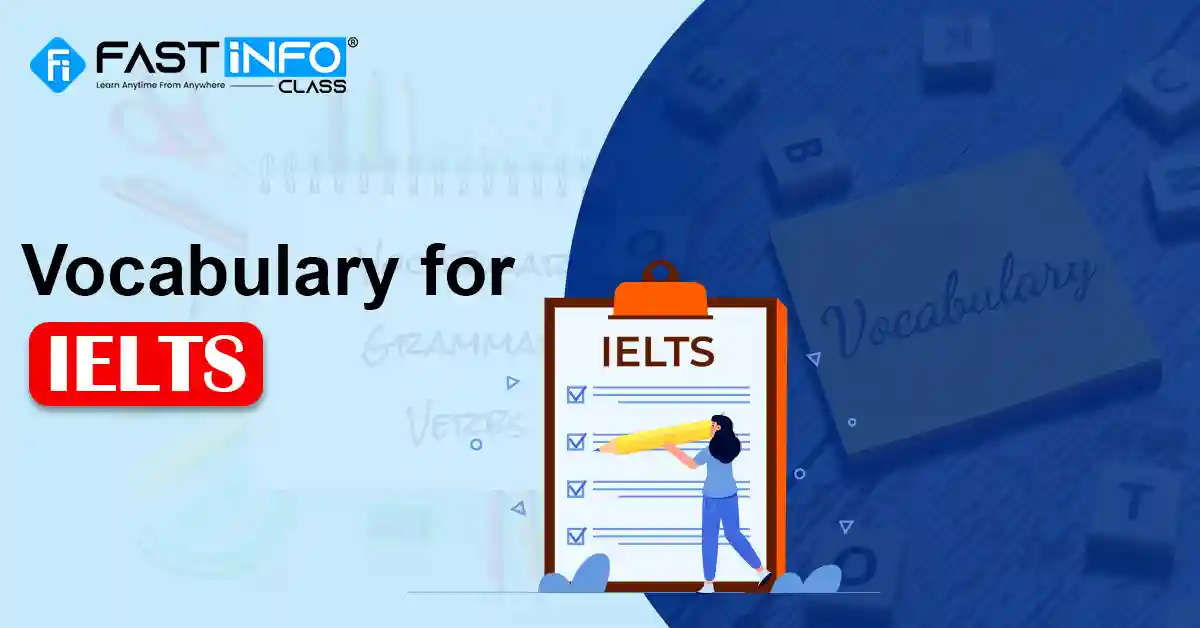Self Introduction in English for Job Interviews: A Guide
29 Dec, 2025
Welcome Offer for First Time Customers Get 15% off USE CODE: NEW15 AT CHECKOUT

Welcome Offer for First Time Customers Get 15% off USE CODE: NEW15 AT CHECKOUT

Welcome Offer for First Time Customers Get 15% off USE CODE: NEW15 AT CHECKOUT

Welcome Offer for First Time Customers Get 15% off USE CODE: NEW15 AT CHECKOUT

Welcome Offer for First Time Customers Get 15% off USE CODE: NEW15 AT CHECKOUT

Welcome Offer for First Time Customers Get 15% off USE CODE: NEW15 AT CHECKOUT

Welcome Offer for First Time Customers Get 15% off USE CODE: NEW15 AT CHECKOUT

Welcome Offer for First Time Customers Get 15% off USE CODE: NEW15 AT CHECKOUT

1.webp)
 By FastInfo Class
Published On 11 Feb 2023
Updated On 05 Feb 2025
Category Learn spoken English Online
By FastInfo Class
Published On 11 Feb 2023
Updated On 05 Feb 2025
Category Learn spoken English Online
Fluency is a difficult term to describe because it is tough to measure. In reality, it’s a variety of skills packed into one. So, what exactly is fluency? To answer that question, we must first define fluency. Fluency is a term used to describe someone’s ability to communicate in a language that is not their native tongue.
Fluency is defined as the capacity to spark a language effortlessly and freely without having to look up terms or idioms. Fluent speakers sound like native speakers and can communicate smoothly with little pauses. Most people begin by learning vocabulary and basic grammar, which allows them to converse on a basic level. However, you can become fluent in English when you can combine these fundamental skills to express yourself without relying on translation from your original language.
Proficiency is another word for ability; however, it is used in a specific context to refer to a person’s language skills. When learning a foreign language, it’s critical to understand the distinction between ability and competency. When you learn a foreign language, you start by being able to speak it. However, in order to become proficient in a language—that is, to perform specific tasks—-you may need to study. The three main skills of language proficiency are reading, writing, and speaking.
Being fluent in English is very important for students and professionals these days. So, you need to look at the advantages of being fluent in English rather than just proficient.
Many students and professionals seeking to become fluent in English. While there is no single definition of fluency that incorporates everyone’s understanding of it, most people may agree that it necessitates a high level of ability in reading, writing, speaking, and listening. You can become fluent in English if you join a spoken English class at FastInfo, where you will get proper guidance from highly qualified and experienced faculties.
There are certain basic questions you can ask yourself to determine how close you are to what is often referred to as fluency. So let’s see how fluent you’re in English!
Consider whether or not you translate in your brain when measuring fluency. If you constantly translate between English and your native language in your thoughts, chances are you're not what most people consider “fluent”.
Full fluency usually necessitates the capacity to think in your target language because it saves time and improves your ability to interact completely.
Some people speak slowly even in their original language, but if you speak significantly slower in your English language than in your native language, you’re not yet fluent in English.
Speaking slowly is frequently a sign of inexperience with the language. Finding an English speaker companion for conversation practice is a great approach to boost your rate of speed. The more you learn, the faster you will naturally get.
English native speakers should be able to comprehend you if you truly speak fluently in English. Do your native-speaking friends ask you to repeat yourself? Do they look perplexed when you speak? If that’s the case, you’re probably not proficient yet.
Yes, when it comes to fluency, comfort does matter! You may be fluent if you can converse in English as easily as you do in your mother tongue. You're probably not yet proficient if you still get twitchy when you have to use your target language.

Self Introduction in English for Job Interviews: A Guide
29 Dec, 2025

10 Effective Ways to Improve IELTS Vocabulary
05 Dec, 2025

Common IELTS Speaking Topics & Questions for 2025-2026
02 Dec, 2025

Common Idioms and Phrases for IELTS
02 Dec, 2025

Best Conversation Topics In English For Daily Use
02 Dec, 2025

Daily English Conversation Practice for Beginners: 50 Useful Topics
29 Jun, 2023

Must Read Novels to Improve English for Beginners to Advanced
21 Feb, 2023

Top 15 Spoken English Books to Enhance Your Fluency
09 Sep, 2023

English Speaking Course for Beginners - Everything you must know
22 Sep, 2021

25 Commonly Mispronounced English Words in India
26 Apr, 2024